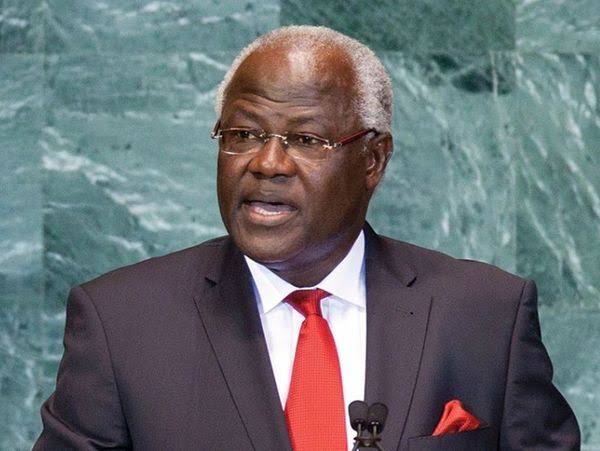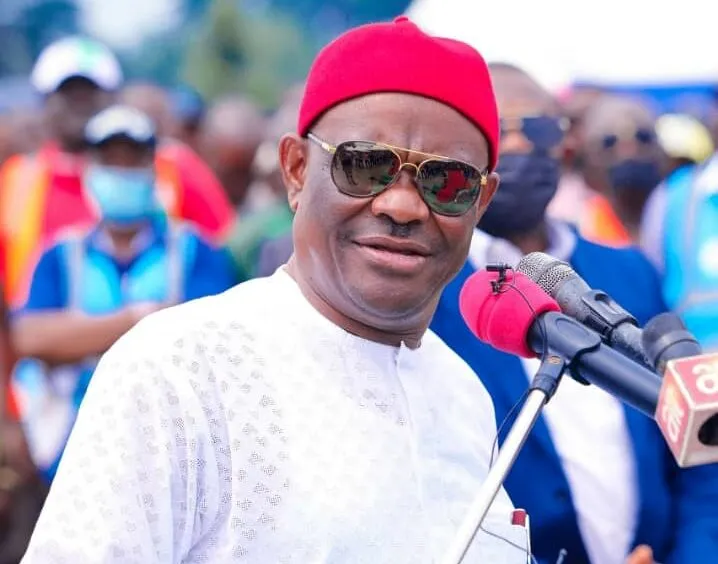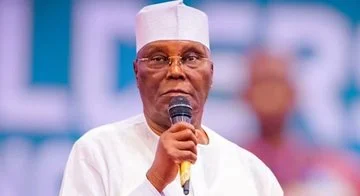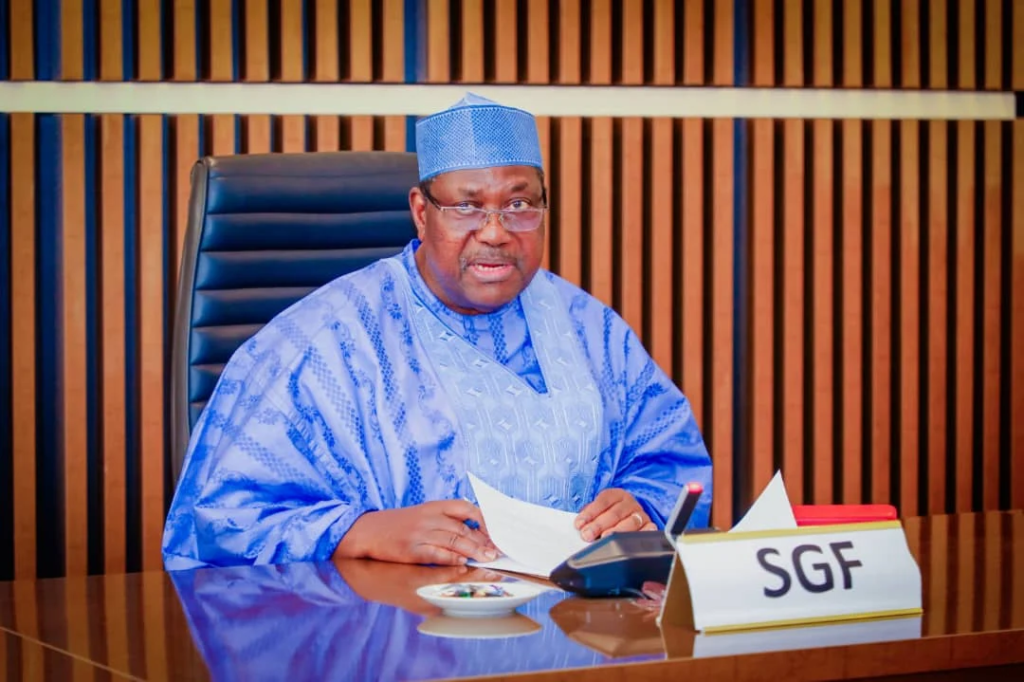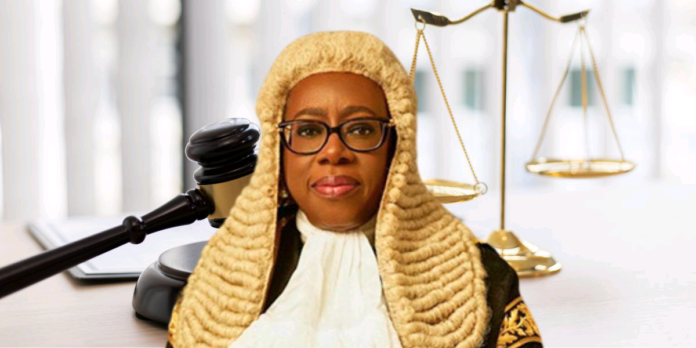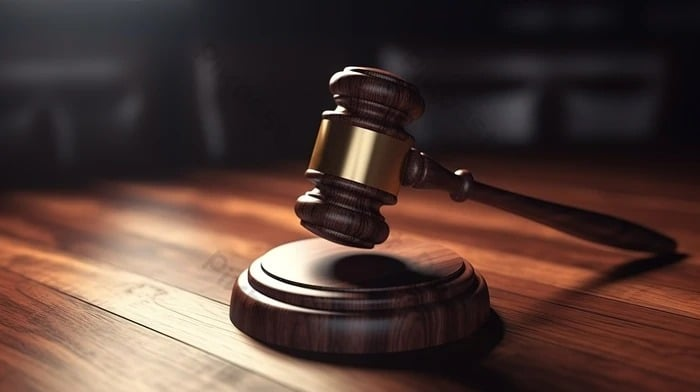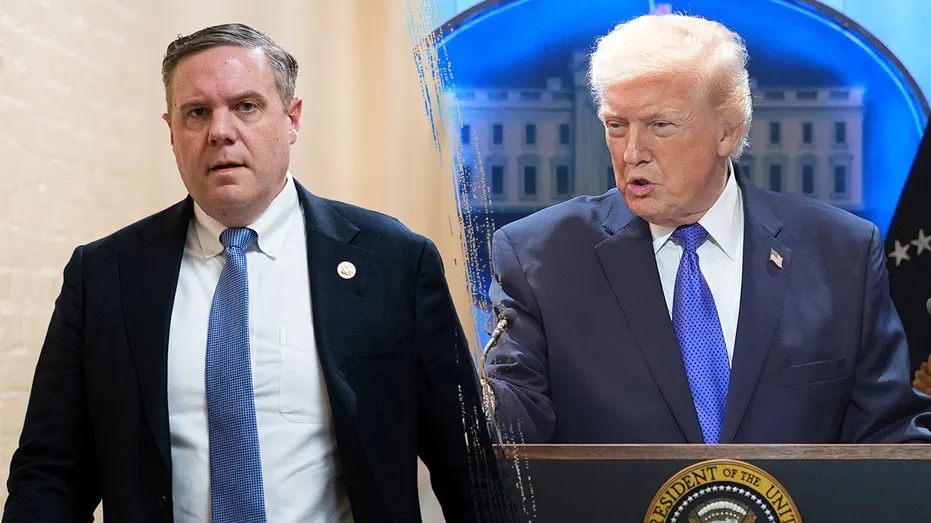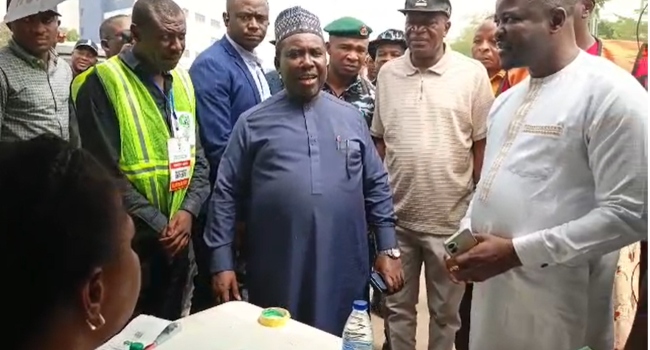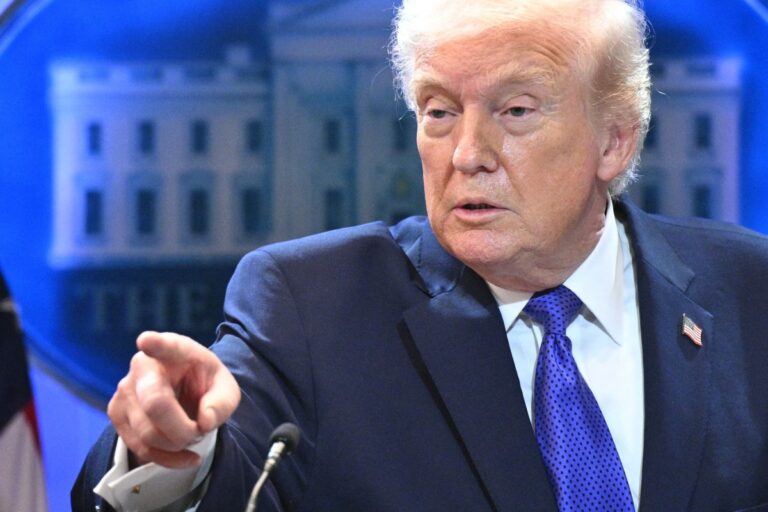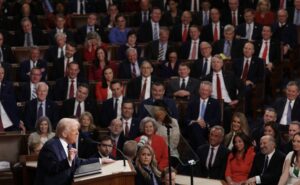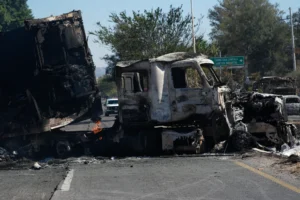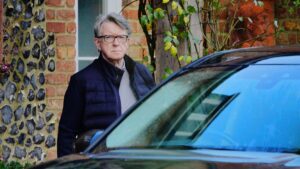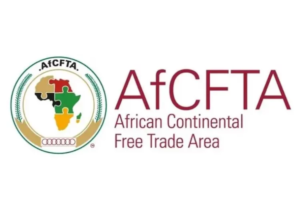On Wednesday, Sierra Leone formally charged former President Ernest Bai Koroma with treason and other offenses related to his purported involvement in what authorities describe as an attempted coup on November 26.
Koroma, who served as the leader of the West African nation from 2007 to 2018, had previously been under questioning, identified as an official suspect in the planning of the alleged coup.
Information Minister Chernor Bah announced in a statement, “The former president is charged with four offenses, including treason, misprision of treason, and two counts of harbouring.”
The events on November 26 saw armed assailants attacking a military armoury, barracks, prisons, and police stations, resulting in clashes with security forces.
This incident led to 21 fatalities and the escape of numerous prisoners before authorities managed to regain control, attributing the episode to a coup attempt involving armed forces members.
In connection with the clashes, at least 80 individuals, mostly military personnel, were arrested by authorities.
In early December, it was disclosed that the former president had been confined to his home during the questioning process. Koroma’s lawyer, Ady Macauley, confirmed on Wednesday that the case had been adjourned until January 17.
The capital, Freetown, witnessed heightened security measures near the court where Koroma’s hearing took place.
Additionally, Sierra Leone charged 12 others with treason on Tuesday in connection with the alleged coup, including Amadu Koita, a former soldier and one of Koroma’s bodyguards.
Before the charges were announced, an advisor to Koroma indicated discussions about the former president seeking exile in Nigeria, which currently holds the presidency of the regional bloc ECOWAS.
An ECOWAS delegation visited Sierra Leone on December 23 to pave the way for a “security mission” following the coup attempt, emphasizing that it wouldn’t involve military intervention but would focus on stabilizing the country.
Ada Peter

